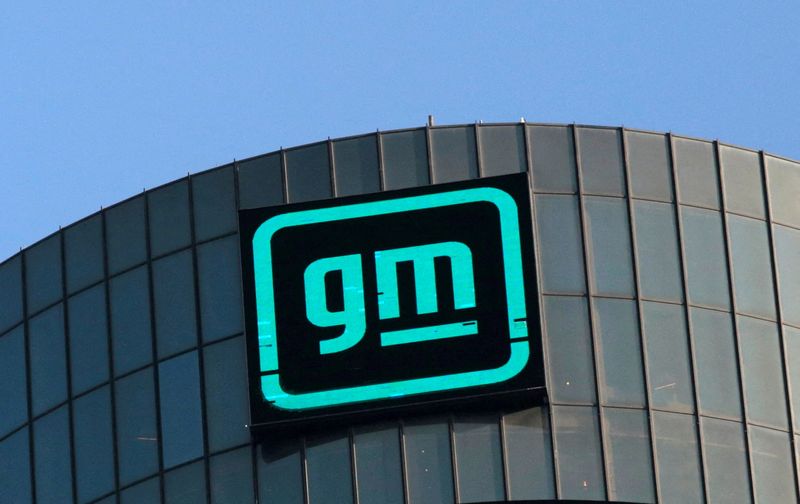GM to sell its stake in Michigan battery plant to LG Energy Solution
2024.12.02 19:35
By David Shepardson
WASHINGTON (Reuters) -General Motors said on Monday it will sell its stake in its joint venture battery plant in Lansing, Michigan to partner LG Energy Solution as the Detroit automaker trims its electric vehicle plans.
GM expects to recoup its investment in the facility, which a person briefed on the matter said is about $1 billion.
The deal, which is expected to close early next year, does not change its ownership stake in the Ultium Cells joint venture, which operates battery plants in Ohio and Tennessee.
The largest U.S. automaker said the plant, which is near completion, will serve an unidentified new customer. GM said the Lansing plant currently has nearly 100 employees and is on track to meet employment commitments.
“We believe we have the right cell and manufacturing capabilities in place to grow with the EV market in a capital efficient manner,” said GM Chief Financial Officer Paul Jacobson.
LG Energy Solution said in a statement it is reviewing the acquisition of the Ultium Cells plant in Lansing “to improve investment and operational efficiency and maximize operating rates of plants in North America.”
The announcement by GM comes amid uncertainty about the future of EV battery production and consumer tax credits. President-elect Donald Trump’s transition team wants to kill the $7,500 consumer tax credit for electric-vehicle purchases, Reuters reported this month.
GM has been scaling back its EV plans over the last year.
In June, GM cut its EV production forecast for 2024 and in July CEO Mary Barra said GM would not produce 1 million EVs in North America by the end of 2025 “just because the market’s not developing but it will get there.”
In 2023, GM said it would delay production of electric pickup trucks at a Michigan plant by a year.

GM said separately it and LG Energy Solution are extending their 14-year battery technology partnership to include prismatic cell development.
GM in August finalized a separate deal with South Korea’s Samsung SDI (KS:) battery factory in Indiana that will build prismatic cells, which could lower EV cost and weight.








